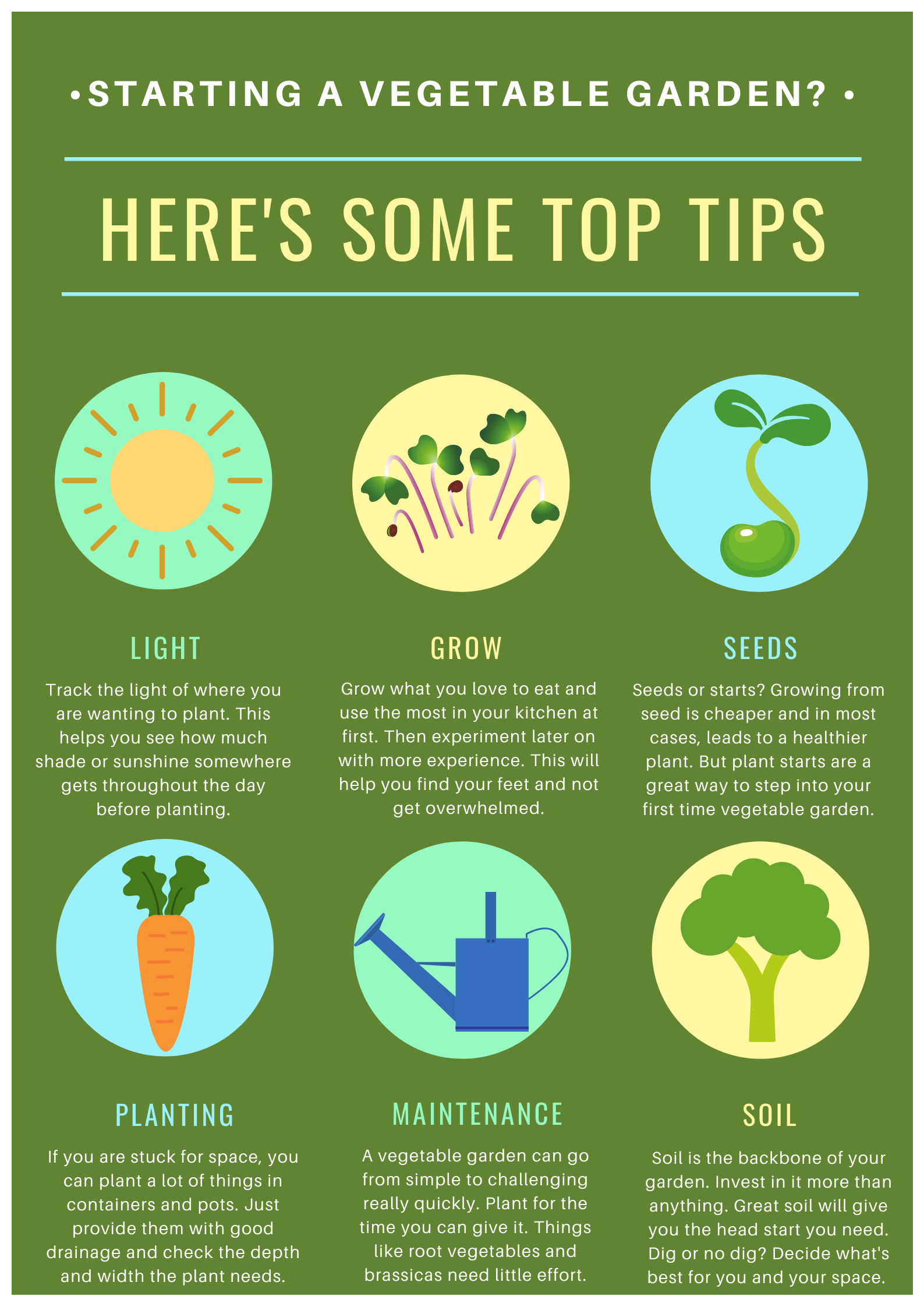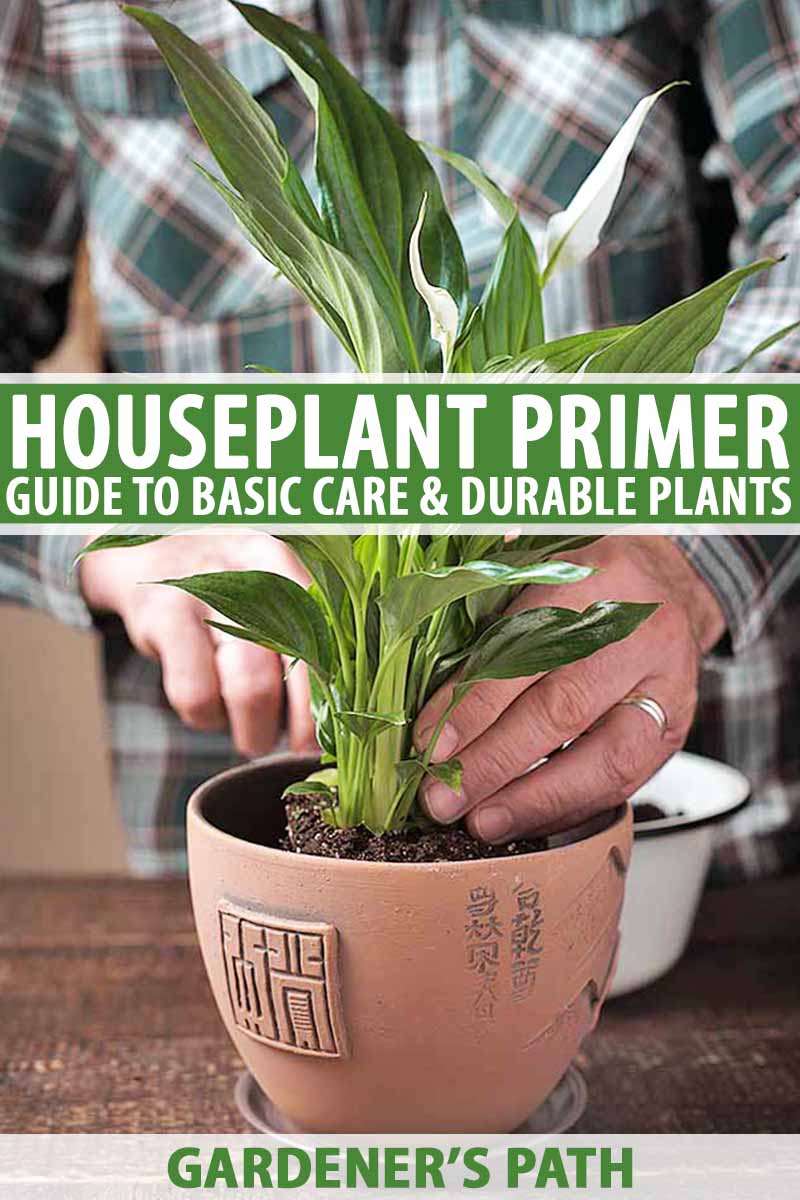Improve Plant Growth: Top Gardening Tips

Have you ever wondered why some gardens flourish like a vibrant painting while others seem to wither away? The secret lies in understanding and implementing effective gardening tips for improving plant growth. Whether you're a seasoned gardener or a novice with a green thumb, this guide will help you cultivate a thriving oasis. Let's dive in and explore the best plant care techniques to boost plant growth and keep your garden healthy and lush.
Understanding the Basics of Plant Care
Before we delve into the specifics, it's crucial to grasp the fundamentals of plant care. Just like humans need food, water, and shelter, plants require sunlight, water, and nutrients to thrive. Think of your garden as a symphony where each element plays a vital role in creating a harmonious ecosystem.
Sunlight: The Lifeblood of Plants
Sunlight is to plants what oxygen is to humans—essential for survival. Different plants have varying sunlight requirements, so it's important to know what your plants need. For example, some plants, like sunflowers, thrive in full sun, while others, like ferns, prefer partial shade.

Water: The Essence of Life
Water is another critical component for plant growth. Overwatering can drown your plants, while underwatering can leave them parched. The key is to find the right balance. A good rule of thumb is to water your plants deeply but infrequently. This encourages root growth and helps plants become more drought-resistant.
Nutrients: The Building Blocks
Just like humans need a balanced diet, plants require a mix of nutrients to grow strong and healthy. The primary nutrients plants need are nitrogen, phosphorus, and potassium. These can be found in various fertilizers, both organic and synthetic.
Top Gardening Tips for Improving Plant Growth
Now that we've covered the basics, let's explore some advanced gardening tips to boost plant growth.
Choose the Right Soil
The soil you use can make or break your garden. Different plants have different soil preferences, so it's essential to choose the right type. For example, succulents prefer well-draining soil, while ferns thrive in moist, rich soil.
Mulch Your Garden
Mulching is an often-overlooked gardening technique that can significantly improve plant growth. Mulch helps retain moisture, suppresses weeds, and regulates soil temperature. Organic mulches, like wood chips or straw, also add nutrients to the soil as they decompose.
Prune Regularly
Pruning is like giving your plants a haircut. It encourages new growth, removes dead or diseased parts, and helps shape the plant. Regular pruning can make your garden look neater and healthier.
Rotate Your Crops
If you're growing vegetables, crop rotation is a must. Different plants deplete different nutrients from the soil. By rotating your crops, you can ensure that the soil remains fertile and healthy.
Companion Planting
Companion planting is the practice of planting different crops together to benefit each other. For example, planting marigolds with tomatoes can help repel pests. This technique can improve plant growth and create a more diverse and resilient garden.
Expert Gardening Advice for Healthy Plants
Monitor for Pests and Diseases
Pests and diseases can wreak havoc on your garden. Regularly inspect your plants for signs of trouble, such as discolored leaves, wilting, or insect damage. Early detection can help you nip problems in the bud.
Use Organic Fertilizers
Organic fertilizers, like compost or manure, are a great way to boost plant growth naturally. They improve soil structure, increase water retention, and provide a slow release of nutrients.
Provide Adequate Space
Crowded plants compete for resources like water, sunlight, and nutrients. Make sure to give your plants enough space to grow. This will help prevent diseases and promote healthy growth.
Consider the Climate
Different plants thrive in different climates. Choose plants that are well-suited to your local climate. This will make it easier to care for them and ensure they grow well.

Conclusion: Nurture Your Green Thumb
Gardening is a journey of discovery and growth. By implementing these gardening tips for improving plant growth, you can transform your garden into a lush, vibrant oasis. Remember, every plant is unique, and every garden is a work of art. Embrace the process, learn from your mistakes, and enjoy the beauty of nature.
FAQs
What is the best time to water my plants? The best time to water your plants is early in the morning or late in the evening. This helps prevent water evaporation and ensures that your plants have enough moisture to get through the day.
How often should I fertilize my plants? The frequency of fertilization depends on the type of plants and the fertilizer you're using. Generally, slow-release fertilizers can be applied every 6-8 weeks, while liquid fertilizers can be applied every 2-4 weeks.
What is the difference between organic and synthetic fertilizers? Organic fertilizers are derived from natural sources like compost or manure. They improve soil structure and provide a slow release of nutrients. Synthetic fertilizers are chemically produced and provide a quick boost of nutrients but do not improve soil health.
How can I tell if my plants are getting enough sunlight? If your plants are not getting enough sunlight, they may become leggy, with long, thin stems and small leaves. They may also lean towards the light source. Conversely, if they are getting too much sunlight, their leaves may turn yellow or brown.
What should I do if my plants have pests or diseases? If you notice pests or diseases on your plants, isolate the affected plants to prevent the spread. Use organic or chemical treatments as needed, and always follow the instructions on the label. Regularly inspect your plants to catch problems early.
By following these gardening tips for improving plant growth, you'll be well on your way to cultivating a beautiful and healthy garden. Happy gardening!
0 Response to "Improve Plant Growth: Top Gardening Tips"
Post a Comment